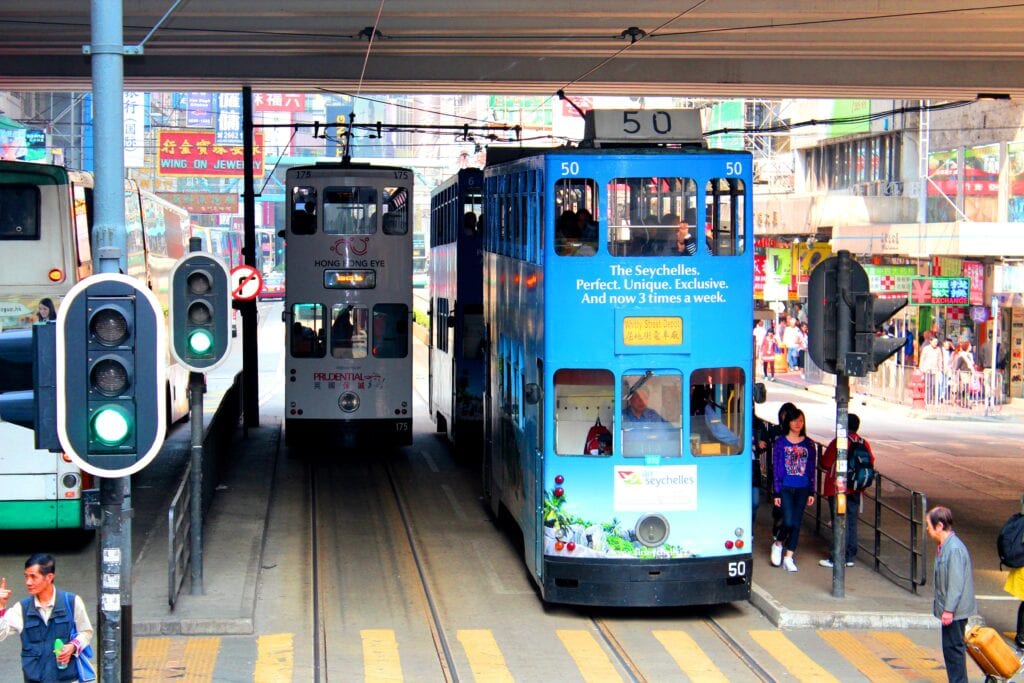5 min read
When the coronavirus outbreak hit the shores of almost every part of the world, donors and doers alike feared how the pandemic would have an adverse effect on their fund-raising efforts and revenues. In fact, with a global economic downturn and the effects of the outbreak not dissipating anytime soon, there are strong concerns of fast-drying revenue streams.
The catalytic power of philanthropy
Confronted with the pandemic ordeal, philanthropic donors have shown us their transformative power. They have been staying nimble by responding quickly to volatile demands on the ground. While most governments in Asia have moved fast to combat the virus, there were still large scale inequities, and various philanthropists and philanthropic organisations have stepped up to fill the gaps.
The Community Foundation of Singapore (CFS) has been one of the leading role models in this regard. It set up the Sayang Sayang Fund (SSF), which was initially intended to provide support to frontline healthcare workers who have worked tirelessly during this period. As the pandemic worsened in Singapore, CSF turned the SSF into an emergency response fund to meet other emerging and urgent needs amongst marginalised communities. The SSF took a community-based approach, leveraging its network to convene donors and partners from all levels of society to ensure that essential services are still being delivered to those in need. Joyce Teo, Executive Director, Centre for Applied Philanthropy, said that as the needs were always evolving, funds contributed largely by private donors and philanthropic organisations were necessary as they are usually more agile in pivoting quickly to cover a wider spectrum of needs and supplementing existing public funds.
Building on the importance of philanthropic collaborations, CFS also managed to launch an initiative by partnering with Singapore’s Ministry of Education (MOE) and a group of donors. The Recess-At-Home initiative in Singapore was launched within a week from discussions and helped provide needy students with meal subsidies during the entire period of home-based learning.
The economic impact from the pandemic has also led to a dearth of unrestricted funding to charities and NGOs that usually goes towards maintaining their operational costs, such as paying employees’ salaries. Hence, it has forced donors and philanthropic organisations to look outside of traditional methods to provide funding aid.
In an open letter signed by 176 NGOs and individuals in Hong Kong, it called on further support from communities to increase the ability of NGOs to deliver services to their beneficiaries. Jennifer Chen, Chief Executive at The Chen Yet-Sen Family Foundation (CYSFF) is leading #BridgetheGapHK, a philanthropic initiative that is bringing together both direct and pooled matching methods to accelerate the rate and volume of donations. CYSFF continues to urge public donors, corporates, and family foundations to donate directly to NGOs to create maximum impact. With this innovative pooled matching mechanism, donations from the public and funders are then transferred to The Hong Kong Council of Social Service (HKCSS), who will distribute the funds equally among participating NGOs. Owing to networks and innovations, it has shown that philanthropies have the power to expedite and double givings in times of crises.
Faith-based charity and philanthropy should also not be downplayed. Zakat, an obligatory charity in Islamic philanthropy plays an important role as it can be adapted to support COVID-19 related causes. In Indonesia, 96% of Zakat funds collected during the pandemic have been channeled to provide support in emergency responses and socio-economic reliefs. The Indonesian Zakat Authority (BAZNAS) announced that the average growth of Zakat, Infak and Sadaqah (ZIS) funds during the period of 2002-2018 was 37.54%, while the economy only grew 5.35%, and is predicted to reach an estimated total of 12.5 trillion rupiah (approx. USD 846 million) in 2020. This figure depicts immense potential for Islamic philanthropy to contribute towards socio-economic impact and change in the country beyond the COVID-19 pandemic.
As the pandemic abates, philanthropy must take the lessons it had learned from the crisis and continue to develop effective and transformative partnerships. There is one key lesson, however, that holds true in all cases.
What’s behind every successful philanthropic collaboration?
A solid relationship foundation is the key behind a successful collaboration. Working with public agencies means oftentimes working with a very different set of operating cultures and thought processes from philanthropic organisations. As it may be difficult to fully understand the public sector’s interests and constraints, the level of trust between government officials and philanthropies is vital to how quickly and efficiently projects can be implemented at ground level.
Hence, it is crucial to build networks with multiplier government agencies that possess resources to a targeted group of beneficiaries. For example, the Agency for Integrated Care (AIC) in Singapore is a one-stop portal for partners to access information on senior outreach and engagement, community-based care, and financial support. Consistent dialogue and ongoing partnerships can help cement trust and identify ways for philanthropies and governments to tap on one another’s assets and strengths. Through a robust working relationship with the government, CFS was able to obtain some leverage using the government’s data expertise for effective outreach activities and financial resources to offset some of their manpower and marketing costs.
Relationships with NGOs and donors are also equally important. A case in point, CYSFF highlighted that donors needed greater assurance that the NGOs they support are trustworthy in handling their funds and managing the service delivery. To reassure donors, the Foundation’s #BridgeTheGap campaign selects participating NGOs from a list of those that they already have an existing relationship with, and provide further credibility and endorsement through it’s matching programme. While doing so, CYSFF is also deepening ties with their existing NGO partners.
Philanthropy has shown the world that the sector is capable of reimagining its funding processes, catalysing monetary and non-monetary capital from various sources, as well as strengthening the ecosystem of governments, donors, NGOs and beneficiaries.
“Strengthening the Capability of Governments to Engage Philanthropic Capital During COVID-19” is the second of a three-part COVID-19 Response and Recovery Webinar Series co-organised with the UNDP. Join our final session on “Investing in a Green Recovery: Public-Private Responses for a Climate-Resilient Future” on 30th October 2020, 11:00am – 12:15pm (GMT +8).


















